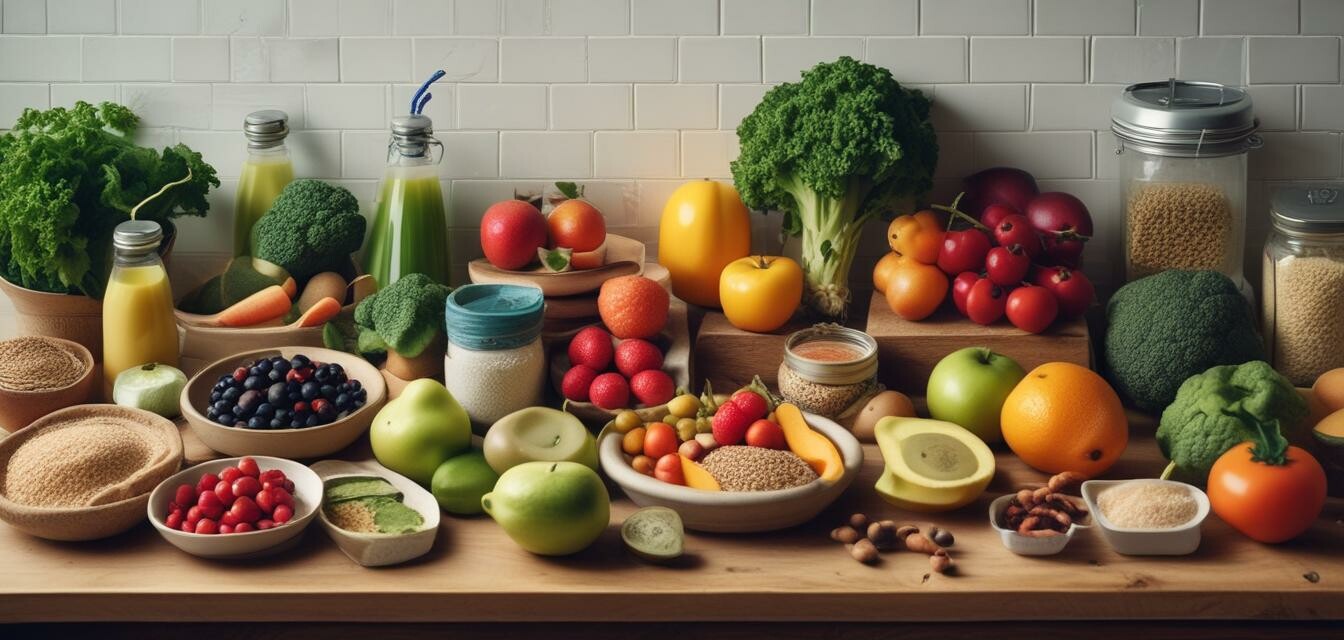
How to balance your diet with prenatal supplements
Key Takeaways
- Nutrition is crucial during pregnancy.
- Prenatal supplements can enhance nutritional intake.
- A balanced diet includes a variety of food groups.
- Consulting a healthcare provider is essential for personalized guidance.
Pregnancy is a transformative period that places significant nutritional demands on the body. While prenatal supplements serve as an essential resource, understanding how to balance them with a proper diet is equally important. This article provides practical advice on how to make informed dietary choices alongside your prenatal supplements to ensure a comprehensive nutritional intake during this vital time.
Understanding Prenatal Supplements
Prenatal supplements are specially formulated vitamins and minerals designed to support the health of both the mother and the developing baby. They often contain key nutrients such as folic acid, iron, and calcium.
Why are they important?
- Folic Acid: Reduces the risk of neural tube defects.
- Iron: Supports increased blood volume during pregnancy.
- Calcium: Essential for the development of the baby's bones.
Creating a Balanced Diet
A well-rounded diet is crucial for providing the nutrients necessary for pregnancy. Consider the following food groups to include:
| Food Group | Examples | Benefits |
|---|---|---|
| Fruits and Vegetables | Spinach, broccoli, berries, bananas | Rich in vitamins, minerals, and fiber. |
| Whole Grains | Brown rice, quinoa, whole-wheat bread | Provide energy and essential nutrients. |
| Protein Sources | Chicken, fish, beans, tofu | Aid in the growth and repair of tissues. |
| Dairy Products | Milk, yogurt, cheese | High in calcium and vitamin D. |
How to Incorporate These Groups
- Plan Your Meals: Aim for a variety of foods each week.
- Snack Wisely: Choose whole fruit or nuts instead of processed snacks.
- Stay Hydrated: Drink plenty of water throughout the day.
Combining Diet with Supplements
It's important to understand how prenatal supplements fit into your daily diet. Here are some tips:
- Take your prenatal vitamin at the same time each day to create a routine.
- Pair your supplements with a meal to enhance absorption.
- Keep track of what you've eaten and your supplements to avoid over-supplementation.
Pros
- Enhances nutrient intake.
- Supports fetal development.
- Easy to incorporate into daily routine.
Cons
- Can lead to over-supplementation if diet is already rich in nutrients.
- Not a substitute for a balanced diet.
Consulting with Your Healthcare Provider
Before making any changes to your diet or supplement regimen, it’s essential to consult with your healthcare provider. They can offer personalized advice based on your specific health needs and dietary preferences. You may also explore our guide on Buying Prenatal Vitamins for more information on selecting the right supplements.
Healthy Pregnancy Tips
For more insights on maintaining a healthy lifestyle during pregnancy, check out our articles in the Healthy Pregnancy Tips category. Combining a balanced diet with regular prenatal check-ups will help ensure a smooth pregnancy journey.
Conclusion
Balancing your diet with prenatal supplements can greatly enhance your overall health during pregnancy. A focus on varied foods, hydration, and vigilant supplement intake can help you thrive during this beautiful journey. Remember, always consult a healthcare professional for tailored advice suited to your circumstances.
